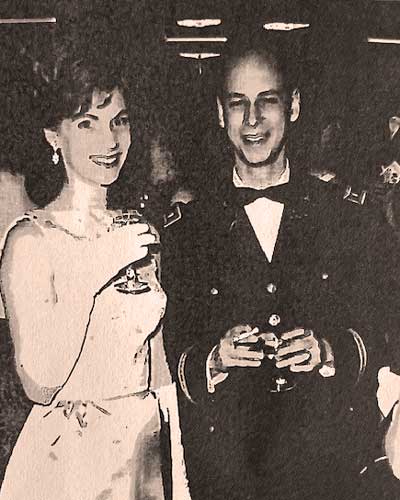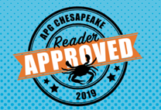While attending the University of Maine, Barry Gillman joined the US Army ROTC. After graduation in 1962, he was commissioned a Second Lieutenant in the US Army. Barry commenced active duty in April 1962 , and he and wife Carolyn moved to Ft. Benning, Georgia where he attended Basic Officers’ Infantry training. Upon completions of that , they relocated to Fort Holabird, Maryland for nine months of Counterintelligence Corps (CIC) Training. He was then offered the opportunity to attend the Defense Language institute in Monterey, California to study Russian.
After successfully mastering Russian, the Army sent him to US Army CIC Headquarters in Stuttgart, Germany as a member of the facility’s Security Division staff. Upon arrival he was told he would also have to learn German. During the year they were in Stuttgart, their second son was born. Barry was then assigned to Ansbach, Germany as head of a two-man CIC Resident Office. Their primary responsibilities were three-fold:
1. Ongoing periodic assistance to American unit commanders in implementing and evaluating physical and document security plans. These were typically strategic entities such as Nike Hercules and Pershing missile battalions.
2. Investigations of alleged incidents of espionage or sabotage within US facilities by US personnel and working with German Federal, State and Local law enforcement and Intelligence agencies on such incidents where German or foreign nationals were involved.
3. Background investigations of US and German Nationals who were candidates for security clearances at US facilities (with the assistance of German agencies in the case of German or other foreign nationals).
In those capacities he and his partner worked closely and constantly with local German agencies. Since the US Army had no law-enforcement or investigative authority in Germany, they relied on these officials for assistance and information concerning matters relevant to US forces. In so doing they developed close friendships with many of them, often attended local festivals and events with them and were frequently invited to German homes for dinner and celebrations.
Barry and Carolyn enjoyed living in Germany and often took advantage of the opportunity to travel Europe with their two young children in a four-man tent. Barry and his family returned to the U.S. in 1968, and Barry returned to civilian life.
Barry values his military experience. He learned to relate to different kinds of people and to respect other cultures; in addition, he feels he improved his decision-making and situational analysis skills, which were invaluable during his career in high-tech sales and marketing.























